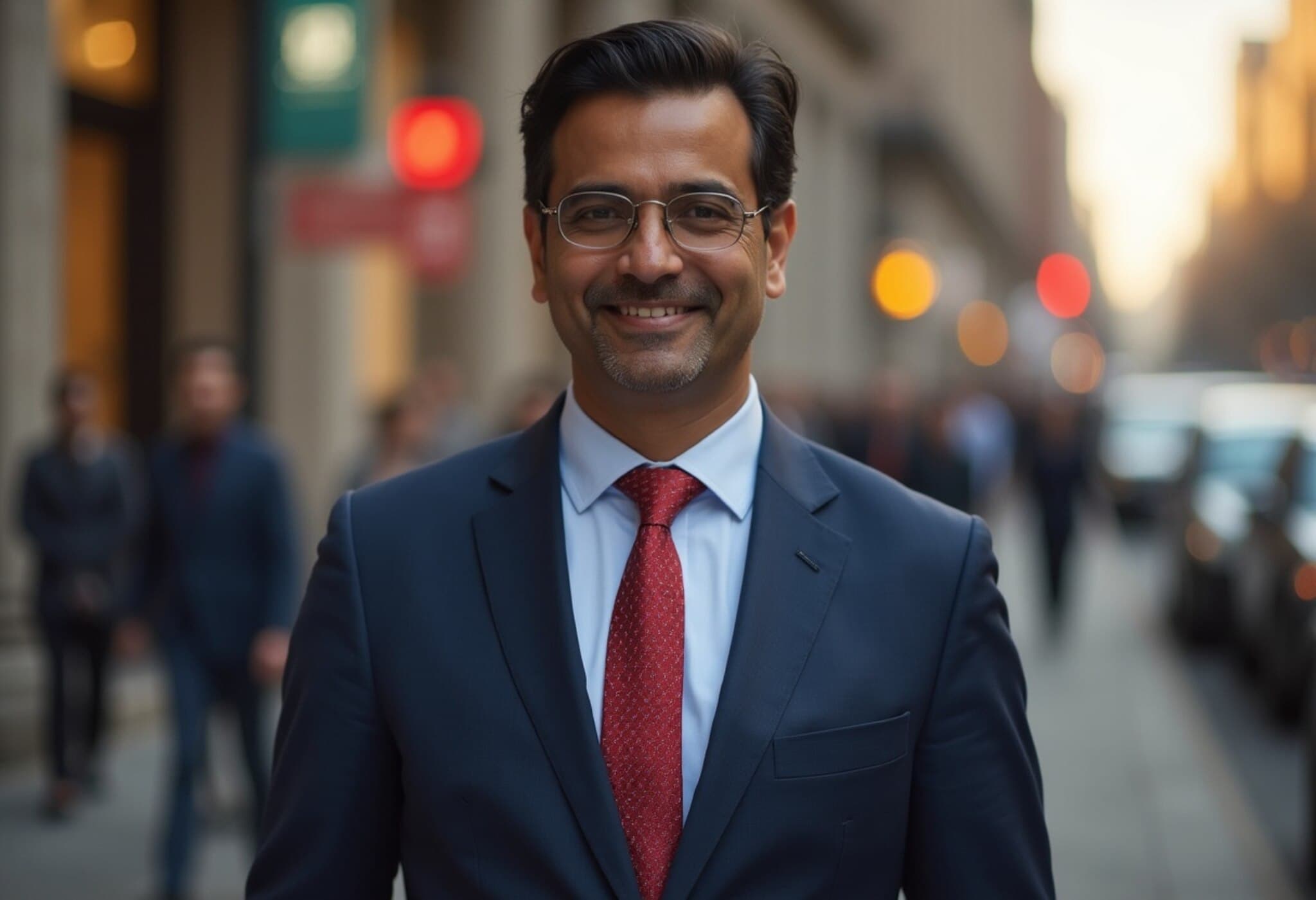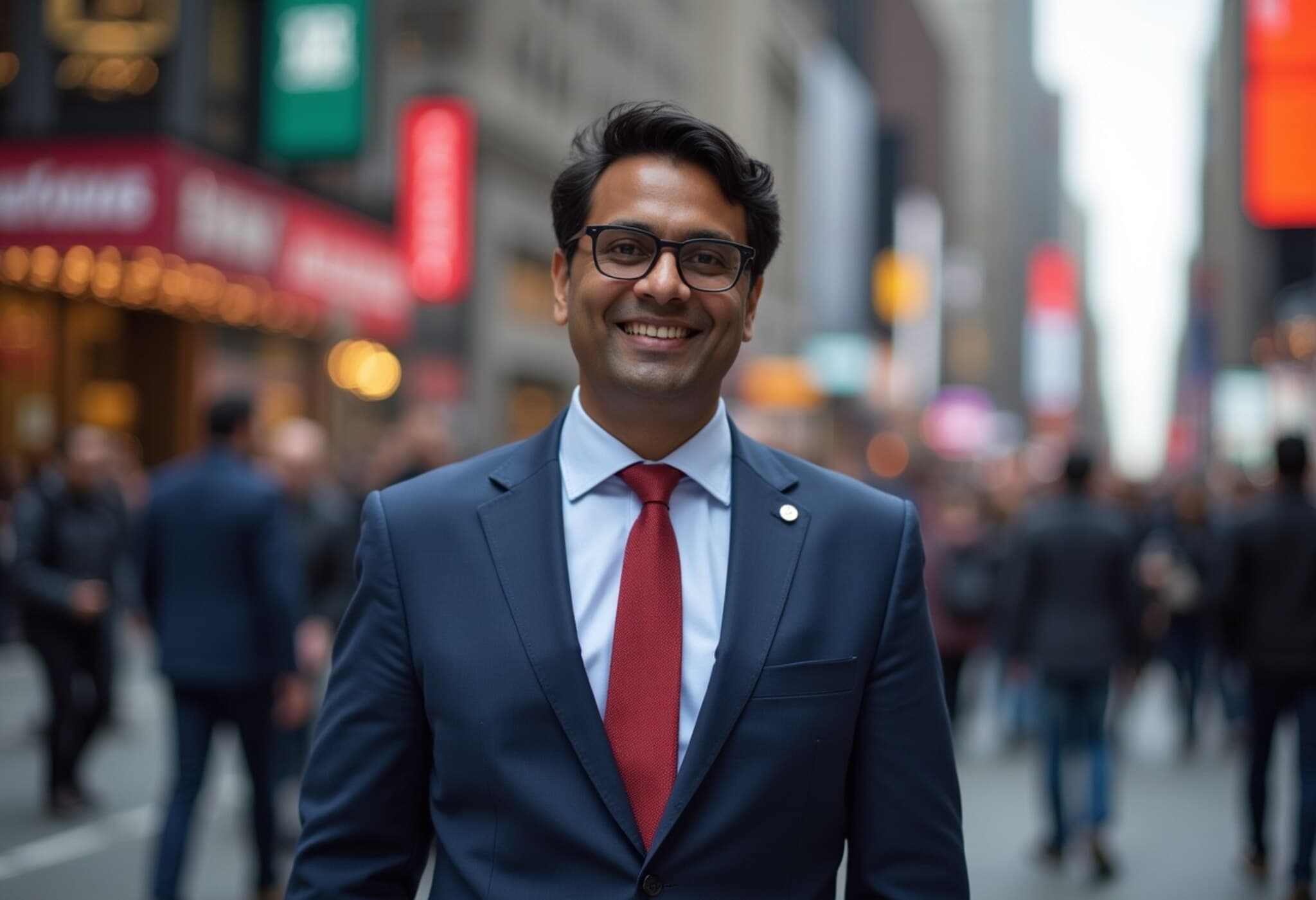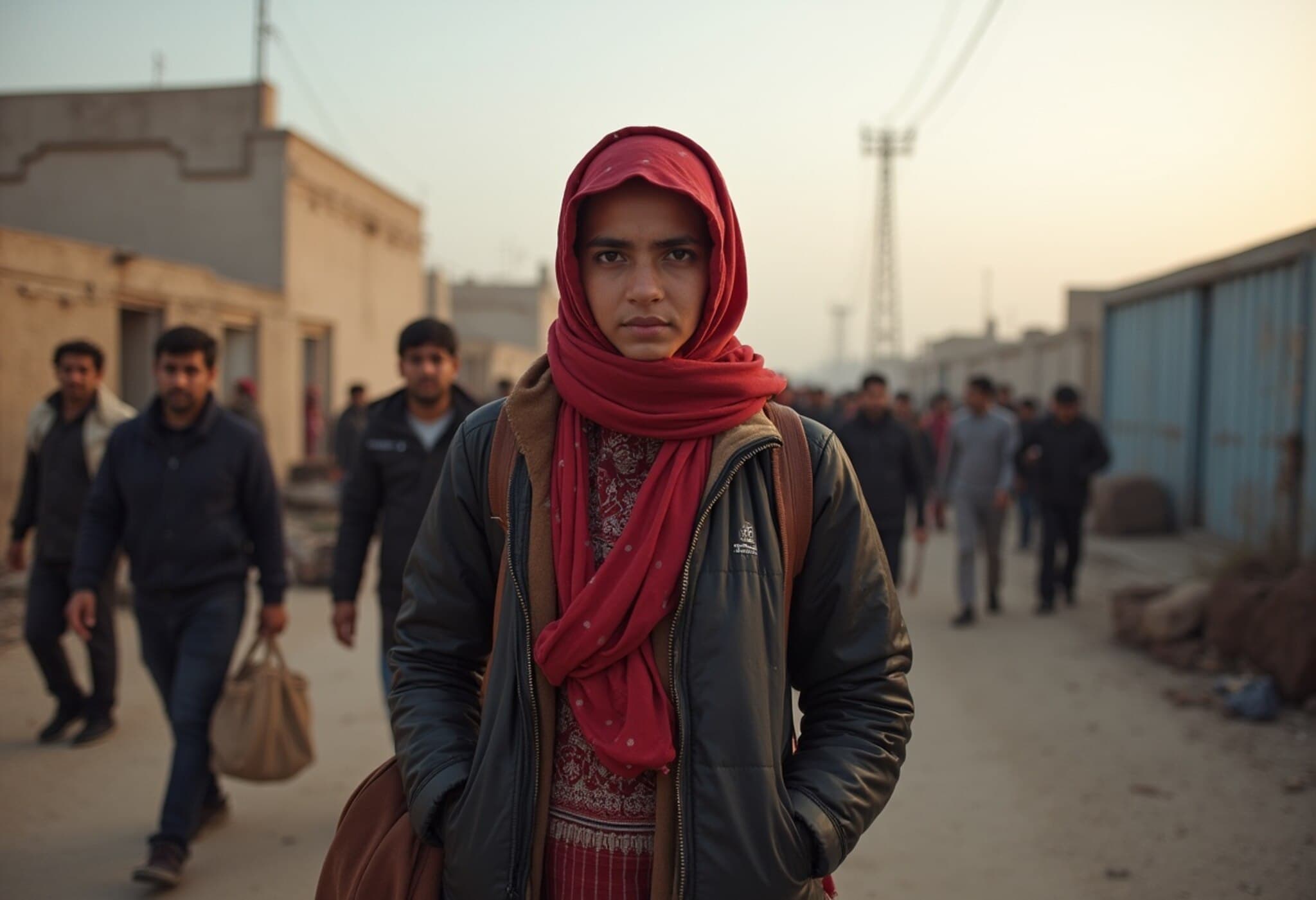From a Traumatic Childhood to Public Health Leadership
Amy Acton's life story reads like a testament to resilience and determination. Born in Youngstown, Ohio, she endured a childhood filled with hardship—her parents divorced when she was just three, she survived sexual abuse by her stepfather, and at one point lived in a basement under an antique shop, and even a tent during winter. Yet, she rose above this Dickensian backdrop, accelerating through a medical program to become a distinguished public health professor and a compassionate leader forged by lived trauma.
The Face of Ohio's COVID-19 Response
In 2019, Ohio's Republican Governor Mike DeWine appointed Acton to lead the state’s fight against the opioid epidemic. But soon enough, she became the public face of Ohio’s response to a far more insidious threat: COVID-19. On March 23, 2020, Acton issued the nation’s first state stay-at-home order. For her supporters, she was a Midwestern hero who prioritized lives by closing schools and restricting movement ahead of the virus’ deadly surge.
Her calm yet resolute briefings with Governor DeWine became a daily dose of moral guidance amid fear and uncertainty. She framed the pandemic as a “war on a silent enemy,” delivering complex scientific truths with clarity and compassion. Her distinctive presence—glossy brown hair, sharp cheekbones—became an emblem of hope, inspiring over 100,000-member fan clubs, Halloween costumes, and scrapbooks created by healthcare workers.
Controversy and Political Backlash
However, America's love for pandemic leaders proved short-lived. By mid-2020, Acton faced fierce opposition: protests outside her home included antisemitic chants, compounded by her being Jewish herself. Republican lawmakers moved to strip her of authority. When demands grew to allow mask-free county fair crowds, Acton, unwilling to enact policies she believed would cost lives, resigned.
Reemergence as a Gubernatorial Candidate
Fast forward to 2025, Amy Acton is running for Ohio governor, offering a campaign grounded in the moral clarity she honed during the pandemic. She presents herself as the candidate who has seen “under the hood of democracy” in crisis times, ready to lead a state grappling with polarized politics.
Her main rival is Vivek Ramaswamy, a charismatic entrepreneur and MAGA favorite backed by former President Trump and the Ohio GOP. Ramaswamy labels Acton an “Anthony Fauci knockoff,” blaming her for the pandemic’s educational disruptions and economic hardships, especially school closures. While lockdowns have undeniably left scars—setting back academic progress and mental health—Acton defends her decisions as data-driven actions taken under unprecedented circumstances.
More Than a Pandemic Debate
Beyond pandemic politics, Acton's candidacy represents a deeper battle over Ohio’s identity. Ohio has shifted strongly toward populism, electing figures like Senator JD Vance. Even within the Democratic primary, Acton faces competition from established politicians like Sherrod Brown and Tim Ryan, who see both the promise and the risks in her candidacy.
Her supporters admire her as a modern-day Florence Nightingale; her detractors, as a harsh figure reminiscent of a Nurse Ratched. For healthcare workers, she symbolizes diligent leadership; for families who lost livelihoods and loved ones, she embodies tough sacrifices.
A Leadership Forged by Adversity
Throughout her journey—from testifying against her abuser as a teenager to meeting voters today—Acton embodies a belief that effective leadership means “maximizing the best outcomes with what you have as your reality.” In a state fractured by polarization and pandemic fatigue, her campaign asks Ohioans a profound question: Do they prefer to return to the familiar or move toward a future shaped by lessons hard learned?
Expert Insight: The Stakes for Ohio and America
Acton’s story is more than political biography; it is a microcosm of national struggles with science, governance, and societal divisions. Her resurgence challenges voters to reconsider how public health policy, political allegiance, and personal trauma interplay in leadership. Moreover, it highlights the difficulties states face in navigating crises while managing competing economic and social priorities—an equation American policymakers continue to wrestle with.
As Ohio stands at a crossroads, the election illuminates wider questions about trust in expertise, the role of government in protecting health, and how communities heal and rebuild after collective trauma.
Editor's Note
Amy Acton's trajectory—from overcoming personal adversity to leading Ohio through its darkest pandemic days—offers a compelling study of resilience in modern governance. Her gubernatorial bid stirs critical reflections on leadership in crisis, the politicization of public health, and the challenges of bridging divides in a deeply polarized state. As voters deliberate, the act of choosing a governor becomes a referendum not only on pandemic legacy but on the future of democratic trust and social cohesion.













